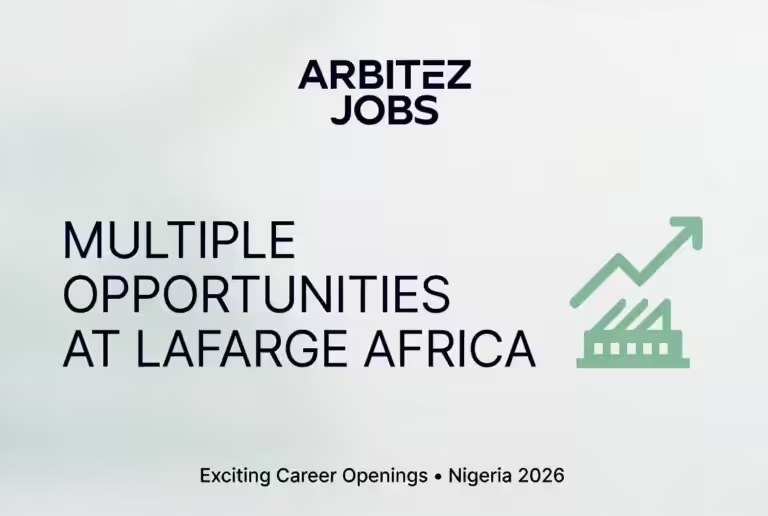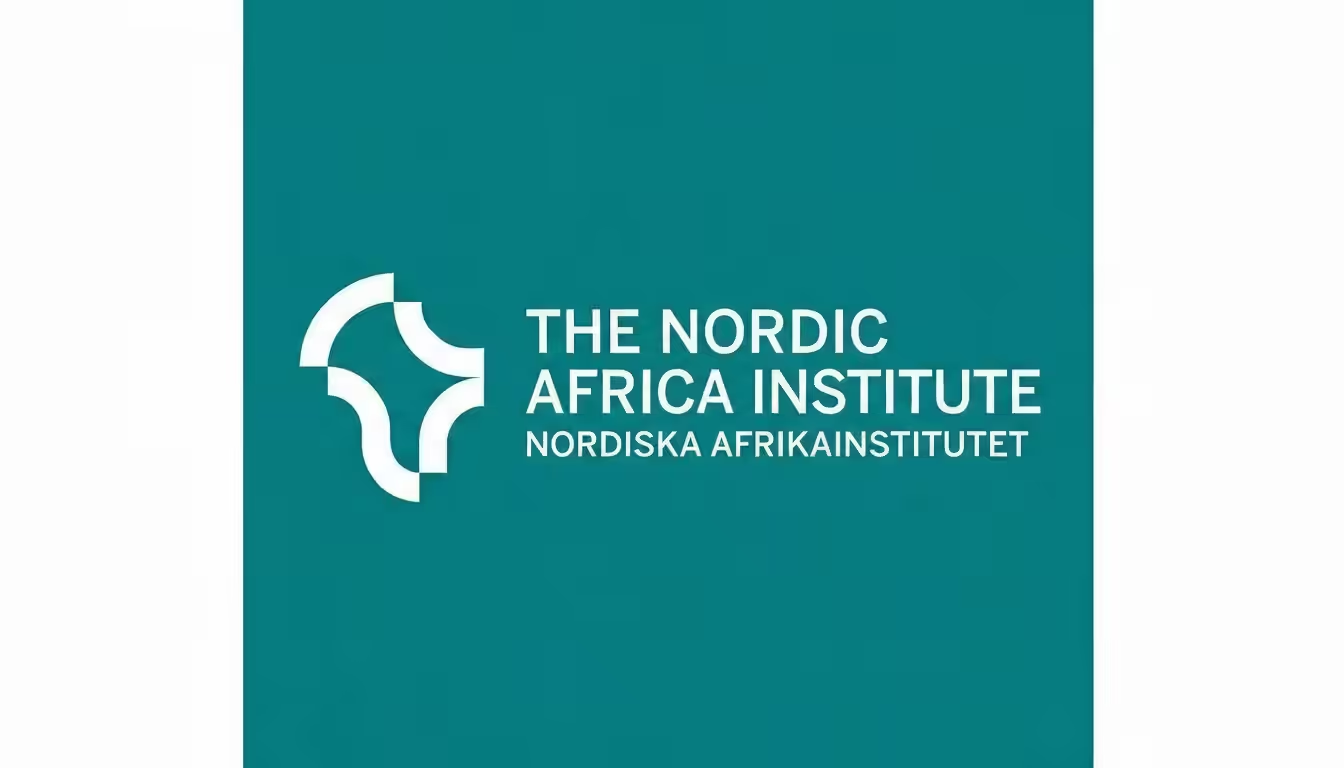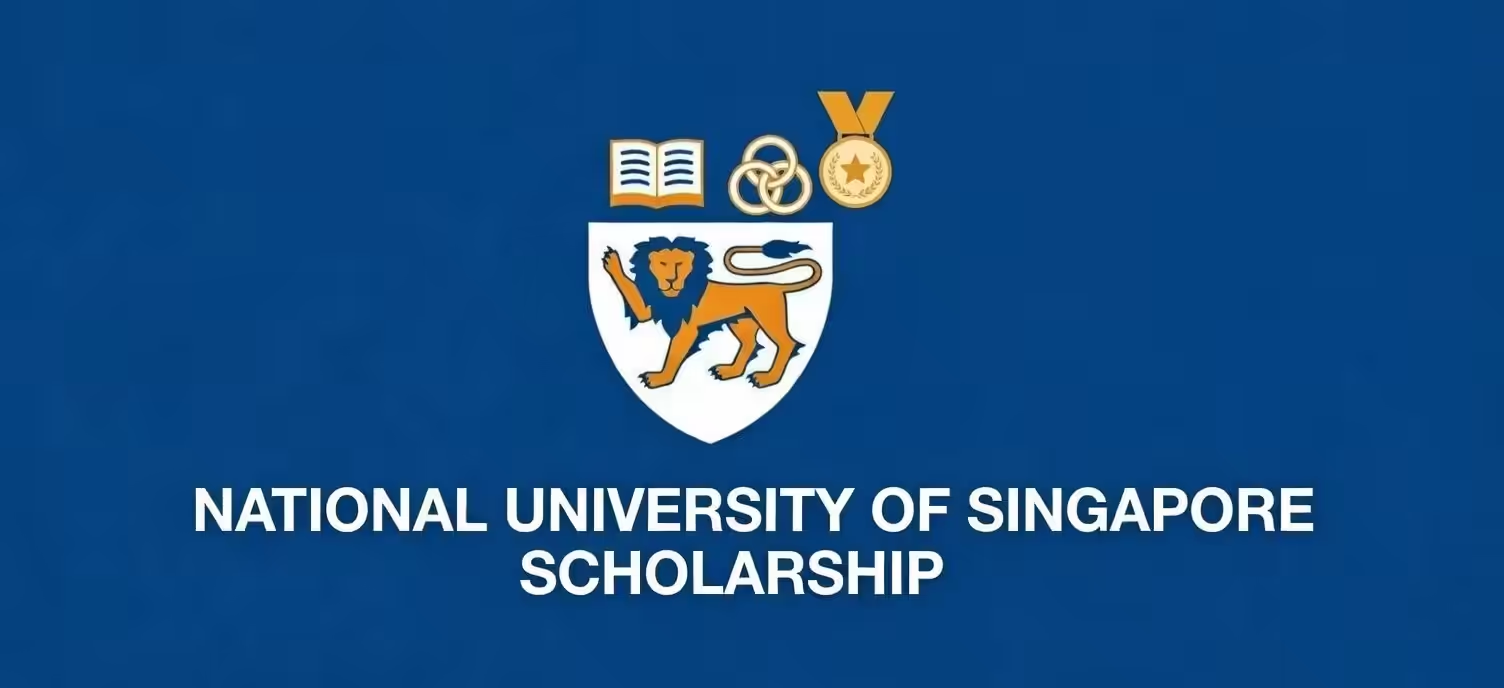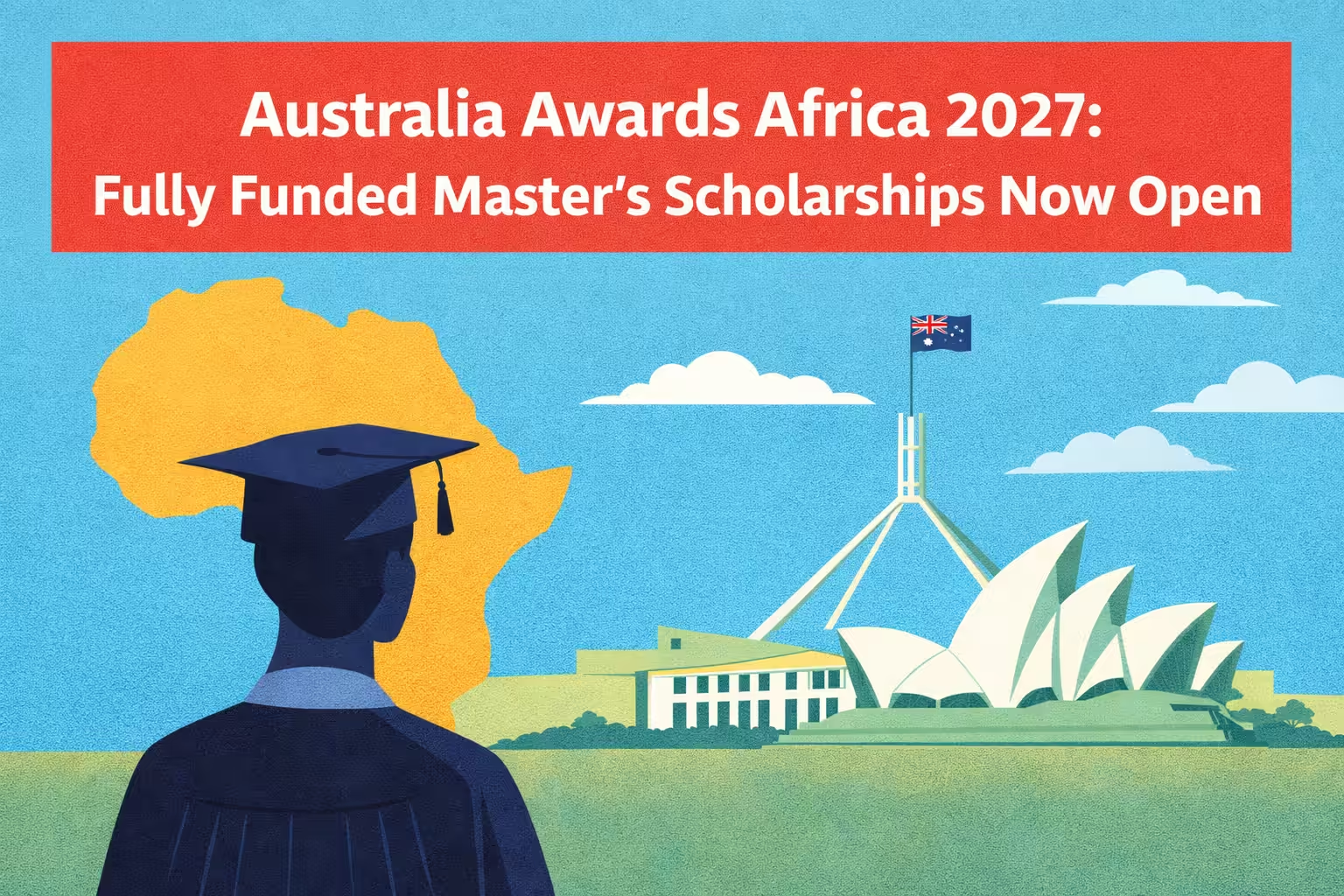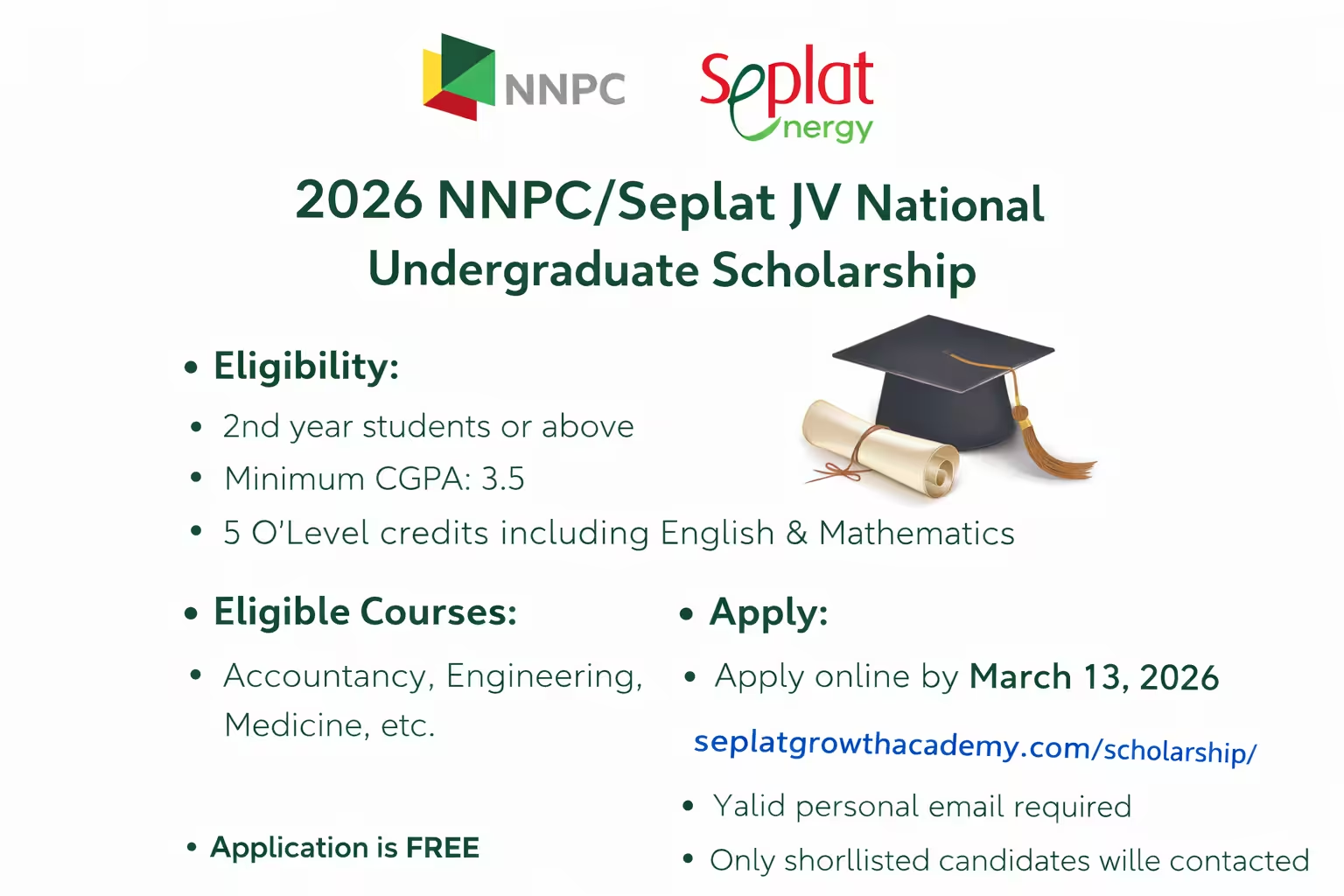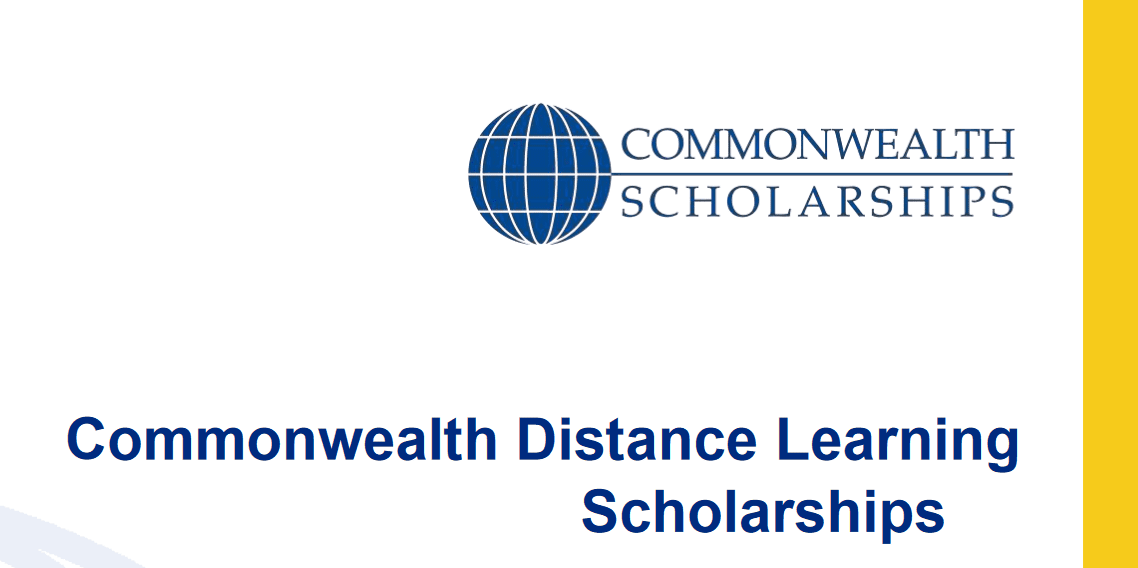The Joint Admissions and Matriculation Board (JAMB) has officially pushed back the deadline for 2025 admissions into public universities.
The new cutoff date is November 17, 2025, giving applicants an additional window to finalize their enrollment processes amid ongoing logistical hurdles.
This extension comes as a timely relief for prospective undergraduates who have been grappling with delays in document submissions, verification processes, and institutional approvals.
Also Read:
- Working Lives: The Agbo Seller who Always Cried Because Her Parents Couldn’t Afford JAMB Forms
- JAMB Introduces New Policy Exempting Foreign Students, Blind, Deaf, and Prison Inmates From…
- JAMB Introduces "Exceptionally Brilliant Window" to Allow Candidates Below 16 to Sit for…
- JAMB Appeals Court Ruling Nullifying 16-Year Age Restriction for University Admissions
JAMB, the federal agency responsible for coordinating entrance examinations and admissions into Nigerian tertiary institutions, announced the update to accommodate these challenges and ensure a more inclusive selection process.
Why the Extension? Addressing Key Challenges in the Admission Cycle
The decision to extend the deadline stems from several systemic issues that have slowed down the admission pipeline this year.
According to insights from education stakeholders, factors such as incomplete candidate data uploads, discrepancies in post-UTME screening results, and administrative backlogs at various universities played a significant role.
These bottlenecks have been exacerbated by the high volume of applicants—over 1.9 million candidates sat for the 2025 Unified Tertiary Matriculation Examination (UTME)—leading to a surge in verification requests.
Fabian Benjamin, JAMB’s spokesperson, emphasized the board’s commitment to fairness in a recent statement:
“Our priority remains to provide every qualified student with an equitable opportunity to secure a spot in their preferred institution.
This extension is not just a delay; it’s a deliberate step to uphold the integrity of the process while minimizing exclusions due to technical or administrative oversights.”
Public universities, which handle the bulk of federal and state-funded higher education in Nigeria, have been particularly affected.
Institutions like the University of Lagos (UNILAG), Ahmadu Bello University (ABU), and the University of Nigeria (UNN) have reported extended queues for remedial actions, prompting JAMB to synchronize the new deadline across all affected bodies.
What This Means for Students: Action Steps Before November 17
For students who have already cleared their UTME scores and post-UTME screenings, this extension offers a critical buffer to:
Update Personal Details: Ensure all biographical data, including O’level results and JAMB profiles, are accurately uploaded via the JAMB e-facility portal.
Accept or Change Courses: Utilize the JAMB CAPS (Central Admissions Processing System) to confirm offers or switch to available slots in less competitive programs.
Pay Acceptance Fees: Complete any outstanding financial obligations to lock in provisional admissions.
Applicants are urged to log in frequently to the official JAMB website (jamb.gov.ng) or visit accredited CBT centers for real-time updates.
Failure to act by the new deadline could result in forfeiture of spots, as the board plans to finalize the merit list shortly thereafter.
This isn’t the first time JAMB has adjusted timelines in recent years. In 2024, a similar extension helped accommodate over 50,000 additional candidates, reducing the number of qualified but unplaced students by 15%.
Education experts predict this year’s measure could boost enrollment rates in STEM and humanities programs, aligning with Nigeria’s push for a more skilled workforce.
Broader Implications for Nigeria’s Education Sector
The extension highlights ongoing debates about the sustainability of Nigeria’s centralized admission system.
With public universities operating at over 80% capacity, critics argue for greater decentralization to include more private institutions and vocational pathways.
However, proponents like the National Universities Commission (NUC) view such adjustments as essential for maintaining quality control in a resource-constrained environment.
As the November 17 deadline approaches, JAMB has also warned against fraudulent middlemen promising “guaranteed admissions,” reinforcing its zero-tolerance policy on exam malpractices.
Students are encouraged to rely solely on official channels to avoid scams that have defrauded thousands in past cycles.
This development underscores JAMB’s adaptive approach in a dynamic educational ecosystem, potentially setting a precedent for future responsiveness.
Aspiring scholars now have two more weeks to turn their academic dreams into reality—time that could make all the difference.









